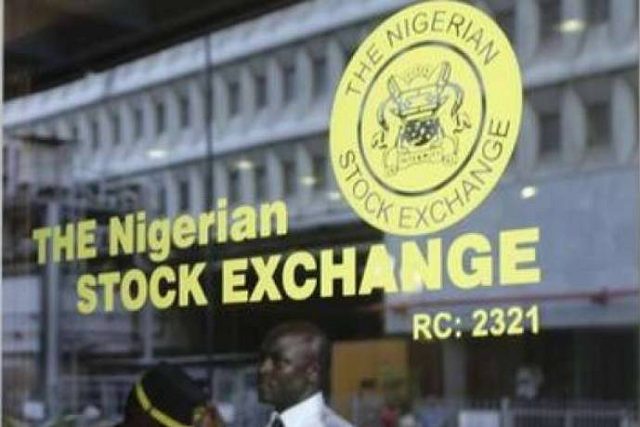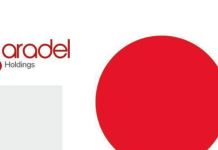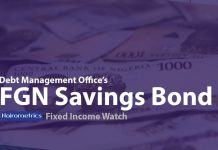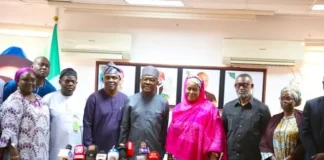The Nigerian stock market appreciated by 3.8 per cent in the month of February compared with a decline in January. The Nigerian Stock Exchange (NSE) All-Share Index (ASI) rose from 30,557.20 to close at 31,721.76 while market capitalisation gained N434 billion, rising from N11.395 trillion to N11.829 trillion at the end of the month.
The market had recorded a decline in January as general elections jitters kept most investors away. However, investors increased their patronage in February as they anticipated the release of corporate results for the year ended December 2018. Also, some investors felt the political uncertainties were reducing. Hence, the market appreciated in the month of February.
The growth would have been higher but for the decline recorded in the last two days of the month after the result of the presidential elections were announced and President Muhammadu Buhari declare the winner.
The NSE ASI had appreciated to a high of 32,700.12, while market capitalisation rose to N12.194 trillion on Monday. However, the NSE ASI closed the month at 31,721.76, while market capitalisation ended at N11.829 trillion.
The market recorded the highest decline of 1.63 per cent yesterday, which was the last day of the month. Losses by GTBank Plc, Nestle Nigeria Plc and Zenith Bank Plc were partly responsible for the decline.
However, market operators are optimistic that the market would perform better in the second half of 2019..
For instance, the Group Chief Executive Officer of Emerging Africa Capital Group, Mrs. Toyin Sanni told THISDAY that the general expectation is that the first half 2019 will be more of the same as last year because investors will be playing a wait and see approach due to the elections.
“Investors will wait to see how the elections are accepted and confirm that there will be peace in the post-election period up till May 29, which will be the day the new government will be sworn into office,” she said.
According to her, investors generally just want stability and peace, stressing that the parameters remain positive for Nigeria from a long-term perspective.
“Nigeria remains an attractive because of its size, demographics because of the continued activities of SMEs which are the drivers of this economy, because of how we have embraced the digital economy as a people and a nation because we are still a resources rich country. But investors would want to see that there is a stable government, there is peace and government is accepted by the people, investors will want to see they can expect the right economic policy and the policies will be implemented in a consistent manner,” she said













